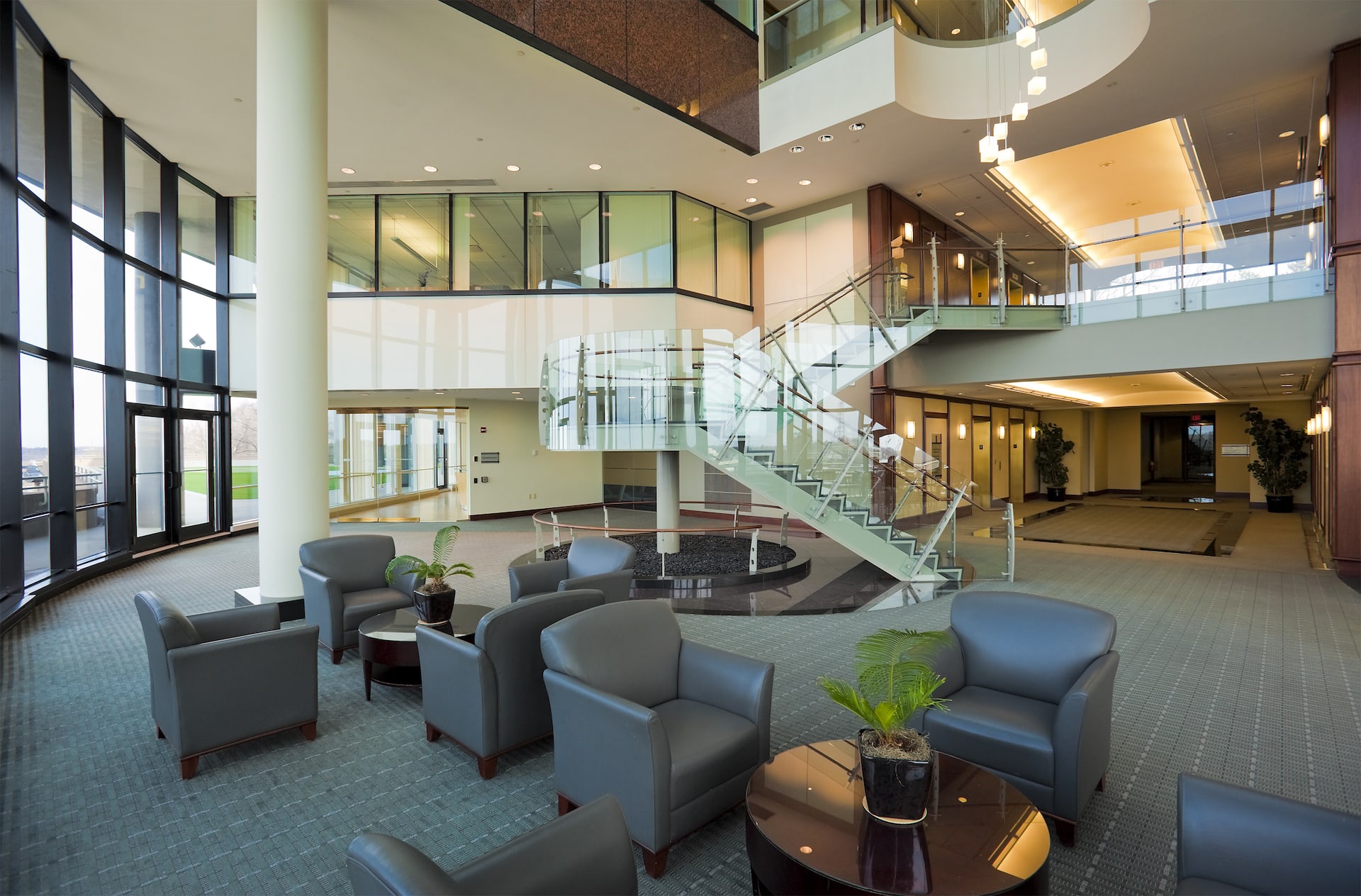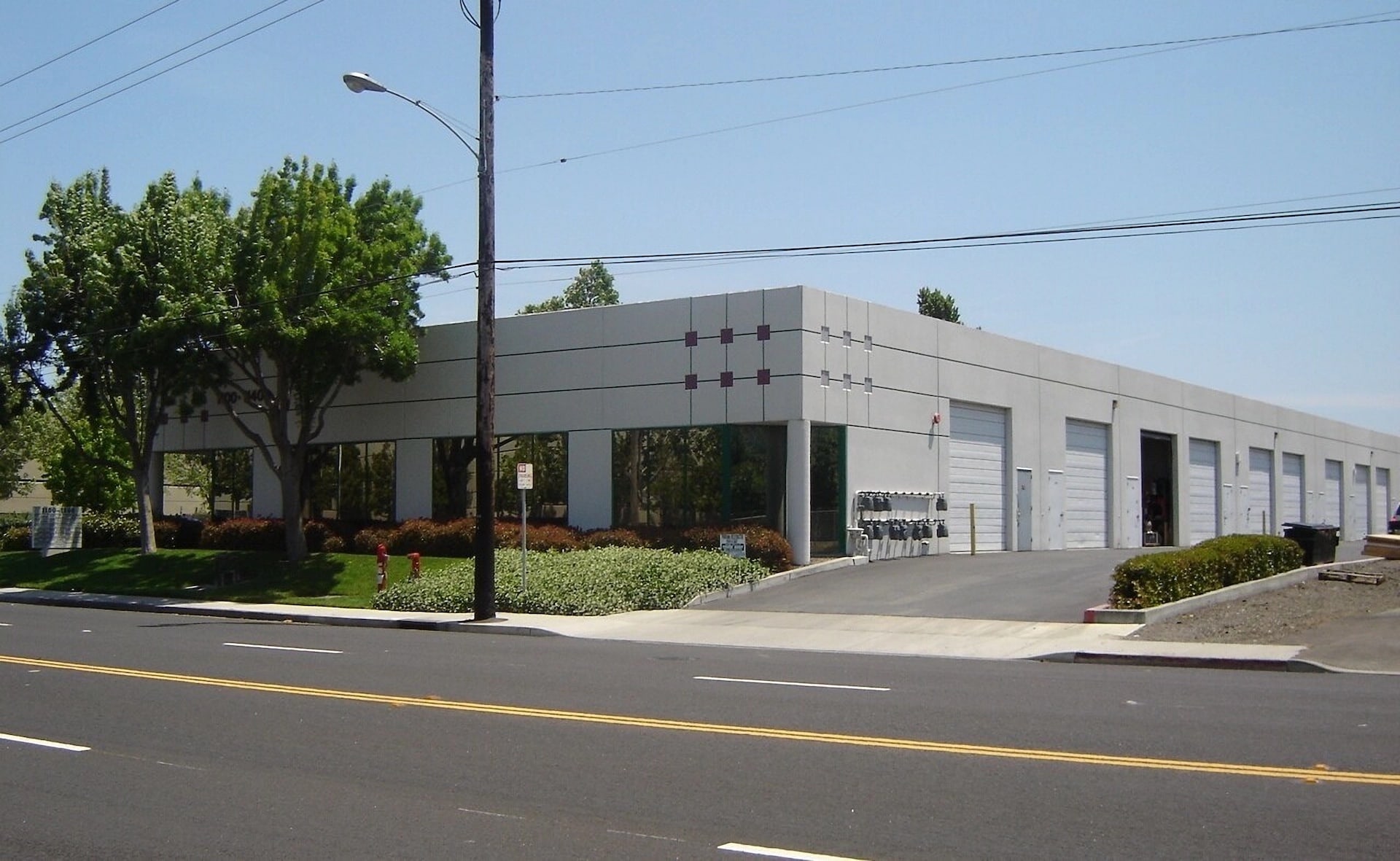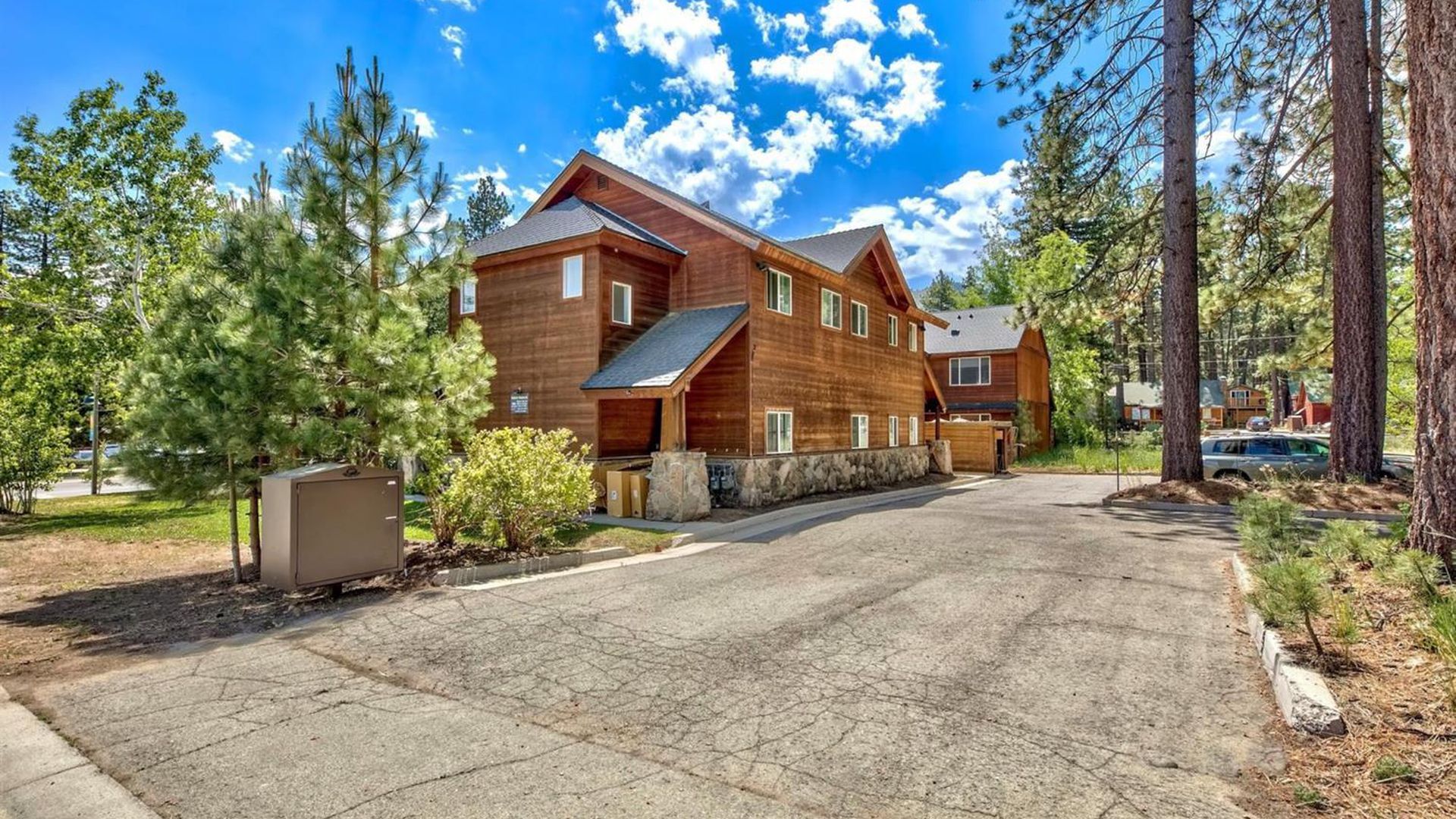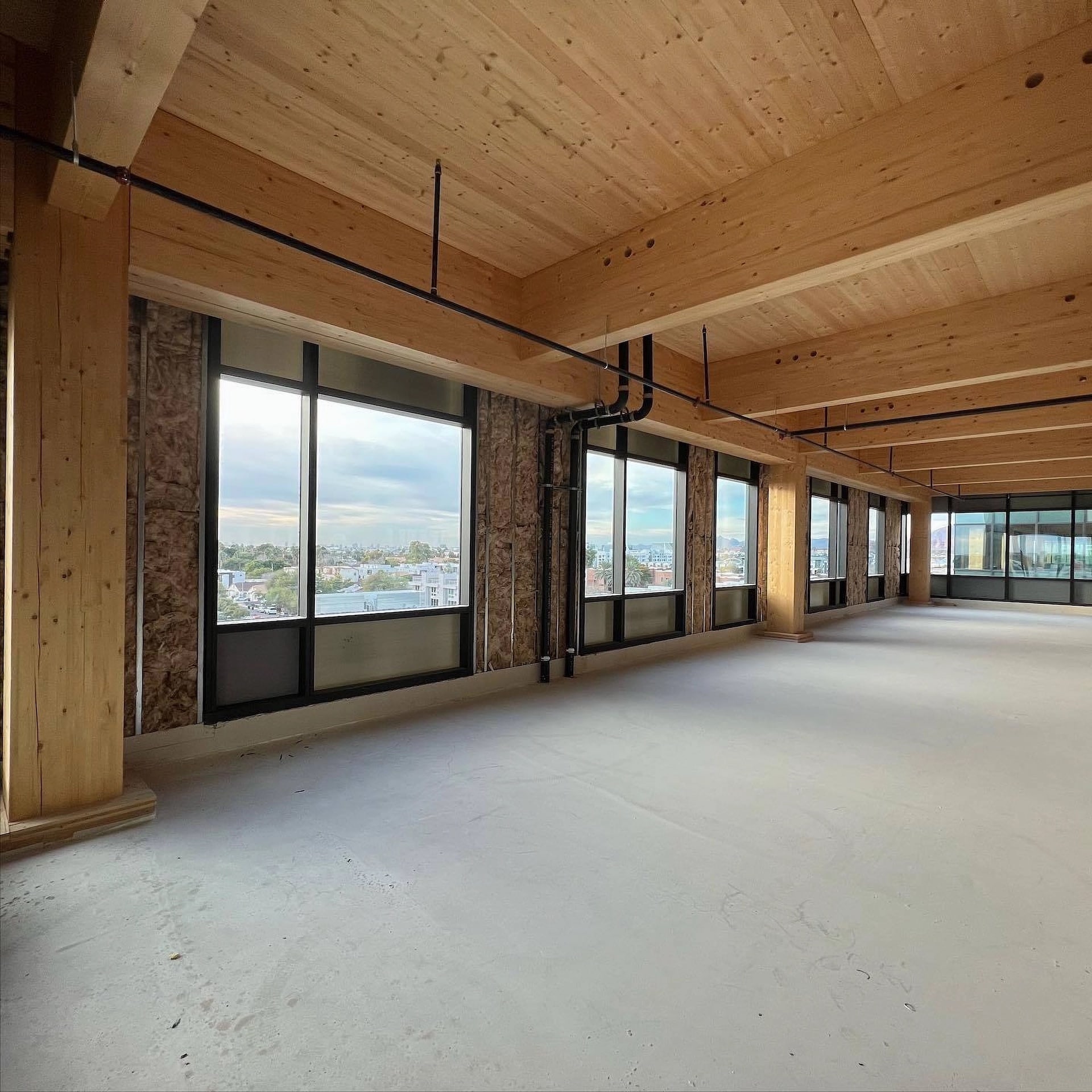Real estate investors and developers can benefit from office building hard money loans when their financing situation prevents traditional funding through banks, life companies, CMBS and other institutional lenders. The office asset class is going through a major repricing, due in part to rising interest rates, as well as the aftermath of the COVID-19 pandemic, which accelerated technologies that made work-from-home policies commonplace. The result is increasing office vacancies and defaults where borrowers – from major asset managers to local real estate investors – are walking away and handing the keys back to the lenders.
This means that new investors can buy office buildings at much lower prices, either to repurpose into residential spaces or other uses. Or, they’ll acquire the buildings at the new price point, lease them at lower rates, and resell at a better price once the market works through all the excess supply – which could take several years.
Our company, First Capital Trust Deeds (FCTD), has been originating short-term hard money bridge loans since 2013, closing over $2.5 billion in loans and building up to 500+ loans annually. FCTD is a broker with a large network of private lending sources that fund office buildings for investors and owner-users.
In this article, I’ll cover important details that borrowers should know about financing office buildings with hard money loans. Topics include the different types of properties, why investors use bridge loans, pricing and terms, examples of previously funded loans, and the requirements for obtaining a hard money bridge loan.
Types of Office Buildings Funded by Hard Money Loans
FCTD has worked with owner-users and investors to finance multiple types of office properties. These include:
1. Office Buildings

Most of FCTD’s office building loans have been secured by buildings one to six stories high. Office buildings can have a wide range of tenants, including numerous types of professions and uses:
Co-working
Co-working offices have a combination of open work areas with offices, conference rooms, and even multimedia space to record audio and video content. Tenants can rent by the hour, day, week or month.
Creative
Some offices are marketed toward artists and other creative businesses like graphic designers, videographers and photographers.
Executive Suites
Executive suites are popular for solopreneurs, small companies or professionals who could work from home, but need to leave the house each day. Executive suites are popular in rapidly growing markets, like Bend, Oregon (where I live), that experienced an influx of newly freed remote workers from cities like San Francisco and Los Angeles eager to live in the outdoor playground of Central Oregon. Many people rent an executive suite to focus on work, rather than the pull of laundry or dishes in their new work-from-home status.
2. Office Condominiums

Office condominiums are similar to owning a residential condominium, where a person or business has ownership of their office suite, along with an ownership share of the common areas. FCTD has worked with office condo developers and end-user buyers with short-term bridge loan financing.
3. Medical Office
Medical office buildings are generally deemed high-demand due to an increasingly aging population, proximity to hospitals, long-term leases, and high-revenue tenants in the medical field.
Office Space Classifications (A, B, & C)
Office space can be classified based on specific criteria such as location, amenities and building quality. The three most common classifications are Class A, Class B and Class C.
- Class A offices are generally situated in prime locations with easy access to transportation and high-end amenities. They’re typically newer buildings with state-of-the-art technology and excellent building systems.
- Class B offices are found in good locations, but may lack some of the amenities and features of Class A spaces. They’re often older buildings that have been renovated and updated to modern standards.
- Class C offices are usually located in less desirable areas and offer basic amenities and older building systems. They’re often the most affordable option for businesses.
Why Investors Use Hard Money Loans to Finance Office Buildings
There are a number of reasons why investors use private money and hard money loans to purchase, refinance, or acquire an office building.
Lack of Available Institutional Capital
In 2023, as this article is written, downtown and suburban office building loan defaults are just getting started. Seemingly everyday, a new story comes out of an owner giving the keys back to the lender. For larger loans of $25+ million, banks, life insurance companies, institutional lenders, and CMBS lenders (who originate and securitize to sell to fixed-income investors) are the primary sources of capital. During times of high defaults, lenders will set funds aside for loan loss reserves and reduce available capital for new loan originations. Furthermore, the money set aside for new loans will be more selective, with lower loan-to-value (LTV) limits and tighter debt service coverage ratios (DSCR).
An office building investor may use a 24-36 month private money or hard money bridge loan to acquire a property before going to an institutional lender for long-term financing.
Cash-Out to Renovate Building Prior to Selling
FCTD has funded loans for owners who used a cash-out hard money bridge loan to renovate a building prior to listing for sale. The process from application to closing on the bridge loan can be 7-14 days, whereas a bank or institutional lender may take 30-60 days and require more financial documentation than hard money lenders. The time saved allows owners to skip ahead to the renovation, rather than wasting time on paperwork.
Bank Financing Fell Through One Week Prior to Close of Escrow
FCTD had a situation where a buyer of a Northern California medical office building called in at 6:45 a.m. on a Friday morning. Late Thursday evening, they had been informed that the bank denied their purchase loan application for a medical office building. This transaction was part of a tax-deferred 1031 Exchange, and they were up against a 7-day deadline to close. FCTD secured financing with a trust deed investor in Southern California, who booked a flight for Monday morning to meet the buyer at the property, then fly back to Los Angeles. Loan docs were sent to escrow Monday afternoon.
Acquiring a High-Vacancy Property
Office properties with high vacancies usually don’t qualify for long-term institutional financing – unless the loan amount is incredibly low and the minimal rents cover the required DSCR. Banks and life companies have 24-36 month bridge loans for these situations. However, if a borrower or property doesn’t qualify for the institutional bridge loan, then a borrower can use a hard money bridge loan to complete the purchase.
Bridge Loan During Entitlement Period
If an investor is purchasing an office building to convert to residential or some other use, hard money bridge loans can be an effective financing source to acquire and work through the pre-development entitlements.
Office Condominium Purchase
A Northern California business owner purchased an office condominium. They had a 50% down payment, but were newly self-employed for less than a year. Office condos aren’t typically large loans, and the lenders funding them underwrite more like residential lenders, where they require at least two years of self-employment. FCTD provided a 24-month private money loan that allowed the borrower time to file two years of tax returns plus a little extra in case they needed an extension.

Terms and Pricing for Office Hard Money Loans
Hard money terms and pricing for office buildings are case-by-case due to the unique circumstances that each financing scenario presents.
Generally, FCTD’s hard money loans have the following features:
- Lien Position: 1st, 2nd, or Cross-Collateral
- Loan Amounts: $250,000 to $50 million
- Term: 6-24 months
- Interest Rate: 9.00% to 13.00%
- Origination (Points): 2-5%
- LTV/CLTV: 60-65%
- Recourse and Non-Recourse
Closed Transactions – Office Building Hard Money Loans
$2 Million Cash-Out Bridge Loan – Riverside, California
Low-leverage private money loan against a $15 million office building. Cash-out funds were used on improvements for new long-term tenants plus pre-development and entitlements of adjacent property.
$1 million Purchase – San Bernardino, CA
Buyer needed quick funding to acquire a smaller Class B office building with 60% vacancy rate in San Bernardino for $1.8 million. The buyer’s planned to make renovations to the building, move their accounting business into half of the space, and lease the rest of the vacant space.
$800,000 2nd Trust Deed in Orange County
FCTD provided the owner of a large office building with a second trust deed cross-collateralized by a 20-unit apartment building.
$1.75 Million Purchase Financing in Sacramento
A law firm acquired a mostly vacant office building in Sacramento with a 12-month bridge loan. Private money was much easier to access than bank or life company bridge financing.

Qualifying for a Hard Money Office Building Loan
To obtain a hard money loan for an office building, you’ll want to see the standard list of borrower and property information. Additionally, you’ll want to have the following ready to go:
- Executive Summary/Business Plan
Detail your plan for the building and how you’ll use the debt financing to achieve your objectives. - Budget
If you’re renovating the building, what is the budget, who is your general contractor, and what is your timeline for completion? - Your Funds
How much of your own funds or existing property equity will act as protective equity to the bridge loan? - Exit Strategy
What is your exit strategy? Sell or refinance? If refinance, have you inquired with banks and institutional lenders about requirements and ballpark terms?
Conclusion
Office building hard money loans can provide financing for real estate investors and developers when traditional funding options aren’t available or a quicker closing is preferred. Due to a decreased demand in office buildings, new investors are buying these spaces for lower prices, and repurposing them or leasing them at lower-rates until the market stabilizes. As a mortgage broker, FCTD is experienced in securing short-term hard money bridge loans to finance office real estate for investors and owner-users, including office buildings, office condominiums, and medical office buildings.
Connect with us today about funding your office building.
MORE ABOUT OFFICE BUILDING HARD MONEY LOANS
6 min read
Pros and Cons of Office Building Hard Money Loans
Jul 21, 2023 by Ted Spradlin

